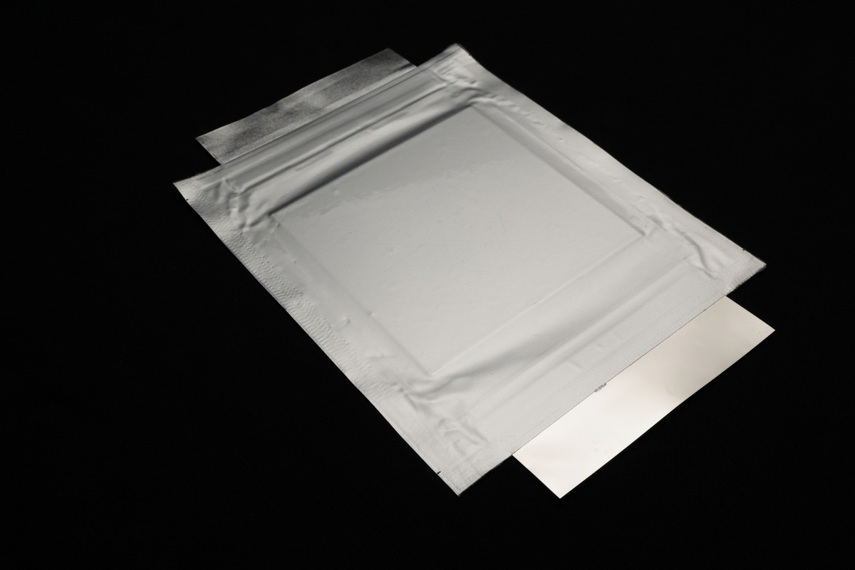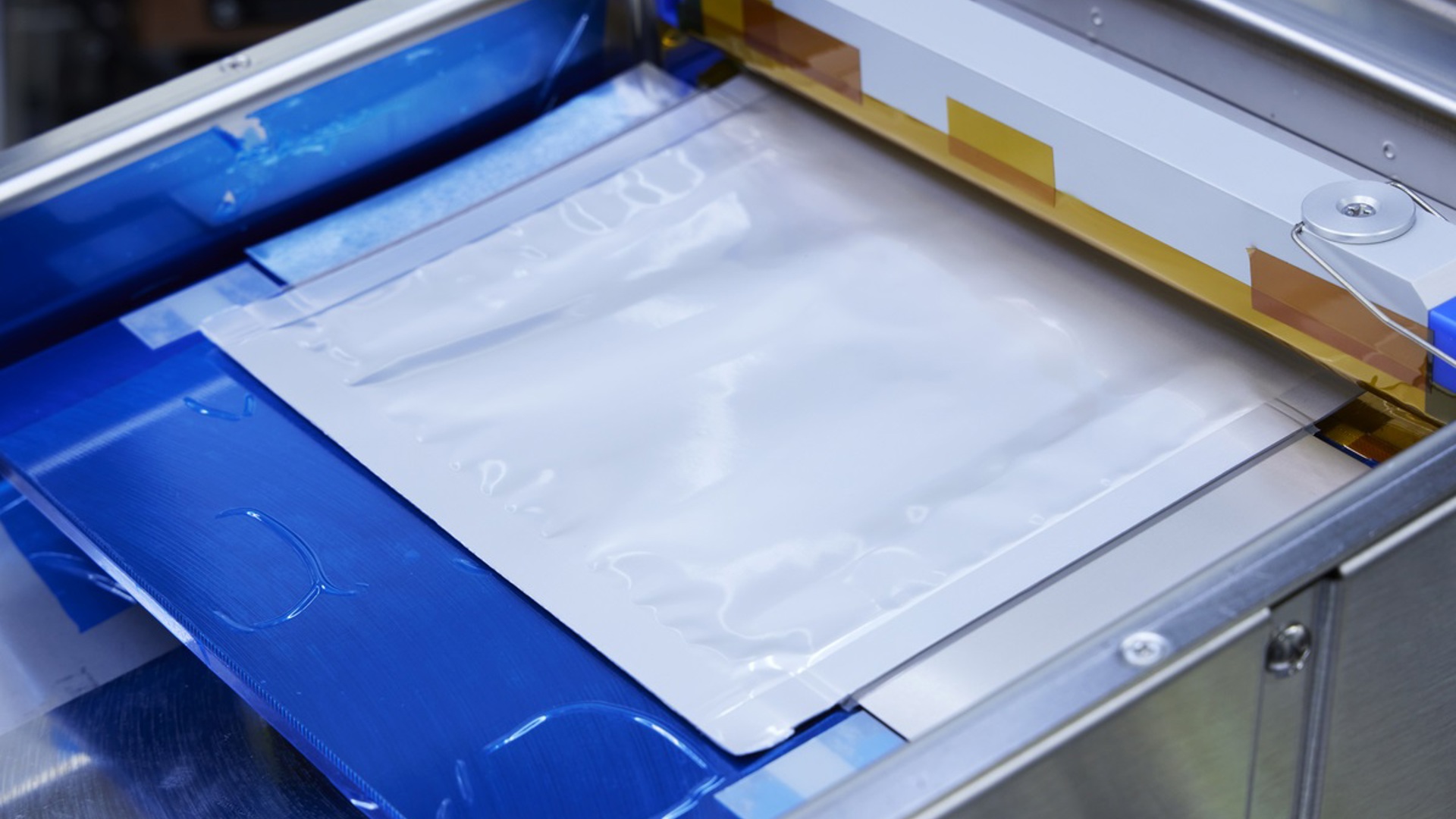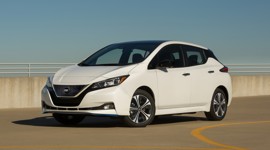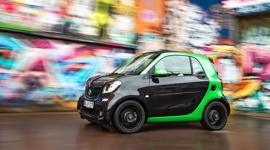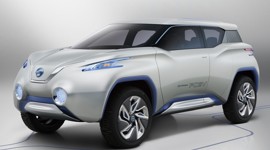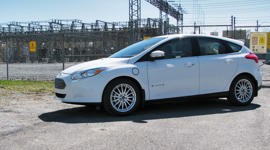Japanese automaker Nissan detailed its new Advanced Solid State Battery (ASSB) technology this week, a groundbreaking new vehicle battery design that could make EVs cheaper and more accessible for Canadians.
Before we get into the details of Nissan's new battery tech, we should first explain the difference between a solid-state battery and the lithium-ion batteries that current EVs utilize. A lithium-ion vehicle battery charges by receiving current from a charging stall, which sends lithium ions from the negative side of the battery (the anode) to the positive side (the cathode) through a liquid electrolyte. When the battery is discharged, like when a driver steps on their EV's accelerator pedal, for example, the ions travel from the cathode back to the anode through this same liquid electrolyte.
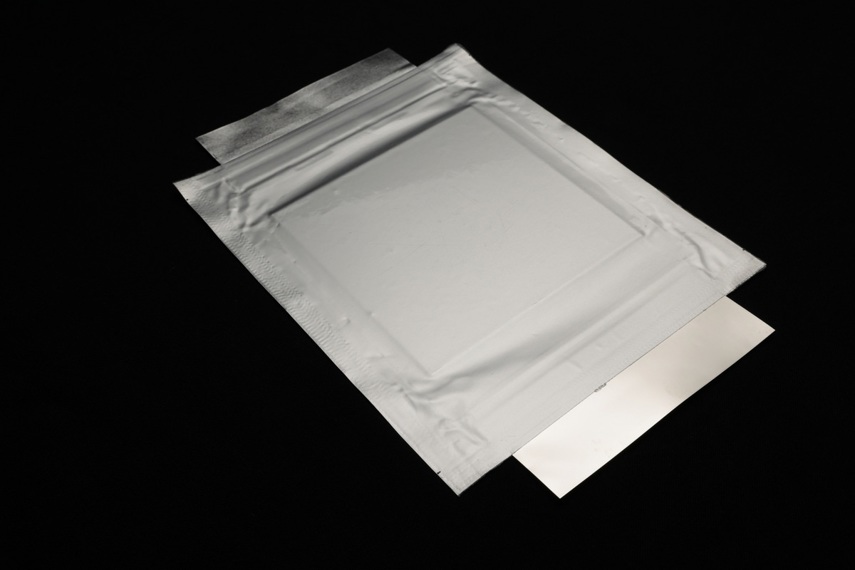
A solid-state battery works in a similar fashion, charging and discharging by allowing ions to travel between the anode and cathode. The key difference is what the ions travel through. Whereas traditional lithium-ion batteries feature a liquid electrolyte, solid-state batteries like Nissan’s use a (surprise!) solid material like ceramic or glass. The list of advantages for these solid-state batteries is long, with experts saying they are lighter, less sensitive to temperature change, less flammable, and enable faster charge times.
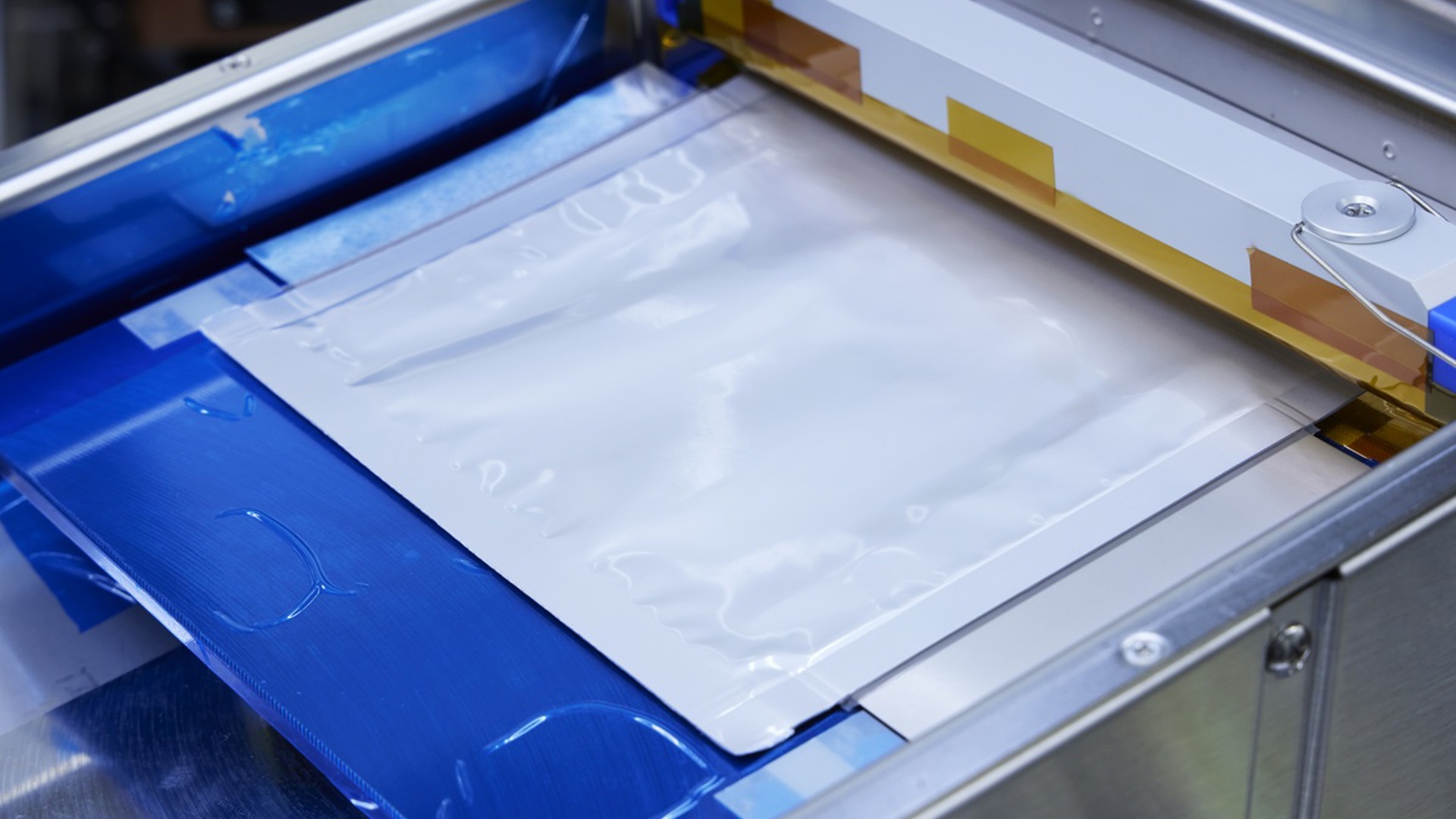
Nissan says its ASSB design enables it to use a wider variety of anode and cathode materials, as well, which may allow it to work around rising materials costs for rare earth metals used in EV batteries. The automaker has partnered with researchers from NASA and the University of California-San Diego to determine which materials are best to use for its anodes and cathodes in its future solid-state batteries.
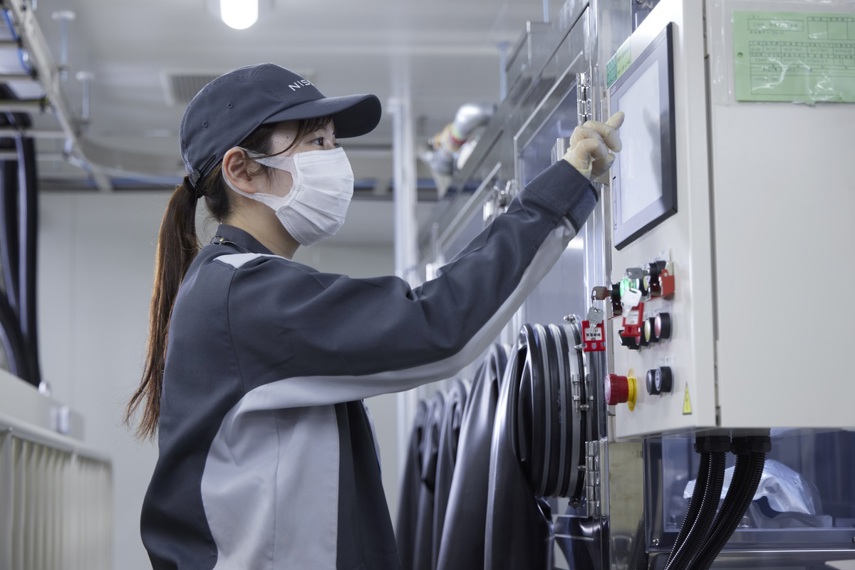
Nissan also announced this week that it had set up a new prototype manufacturing facility in Japan for its ASSB, which is set to begin pilot production of these battery types in 2024. If all goes to plan, Nissan hopes this battery will be in production by 2028. The automaker says the design could bring battery costs for automakers to as low as US$65 per kilowatt-hour. At the moment, most automakers are paying about $132 per kWh for a vehicle battery. This change, Nissan says, would be enough to put the purchase price of an average EV on par with a gasoline-powered equivalent.
“All-solid-state batteries are expected to be a game-changing technology for accelerating the popularity of electric vehicles,” the automaker said in a statement. “They have an energy density approximately twice that of conventional lithium-ion batteries, significantly shorter charging time due to superior charge/discharge performance, and lower cost thanks to the opportunity of using less expensive materials. With these benefits, Nissan expects to use all-solid-state batteries in a wide range of vehicle segments, including pickup trucks, making its EVs more competitive.”
Nissan did not say when the first EVs featuring its solid-state batteries would go on sale in Canada, but with the automaker targeting a 2028 launch for the technology, it will be quite some time before this technology appears in one of its production vehicles.
